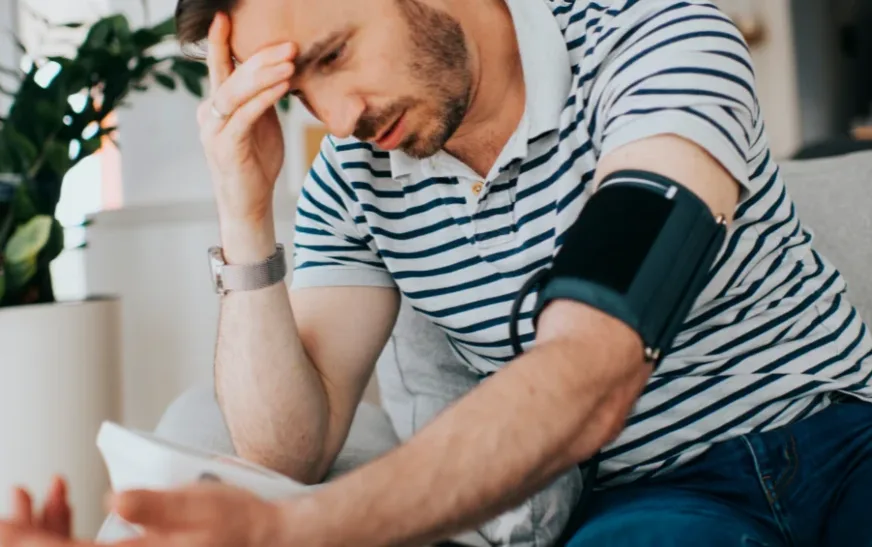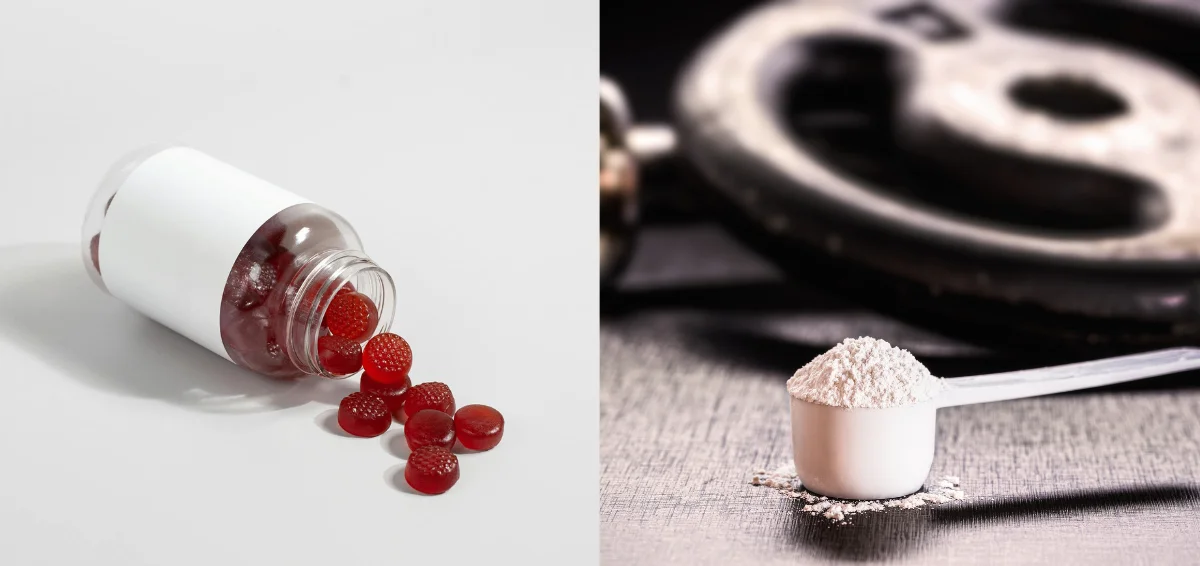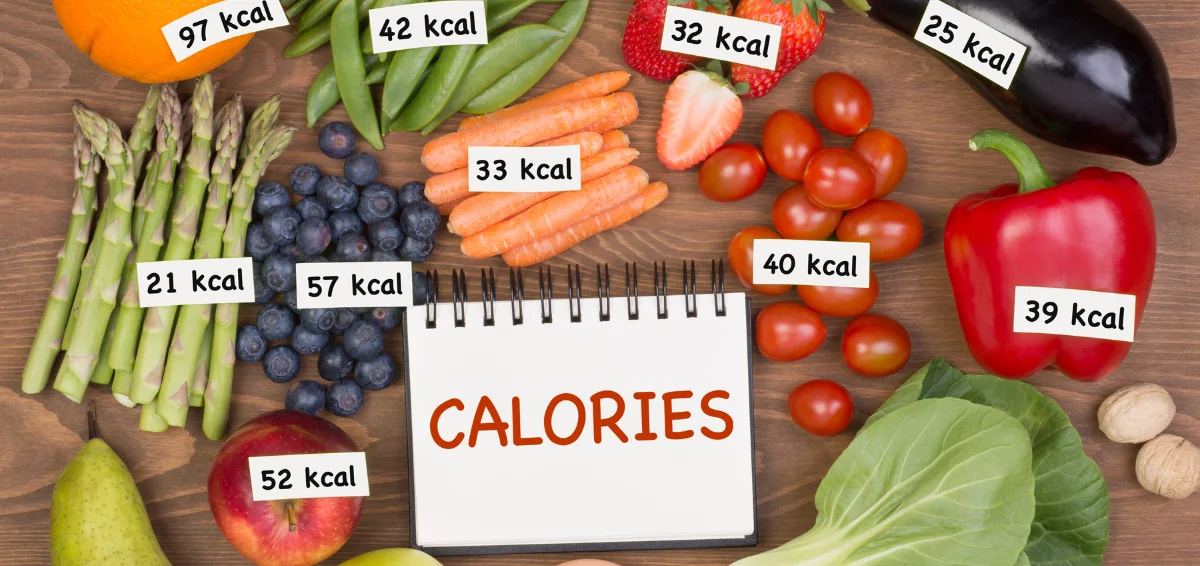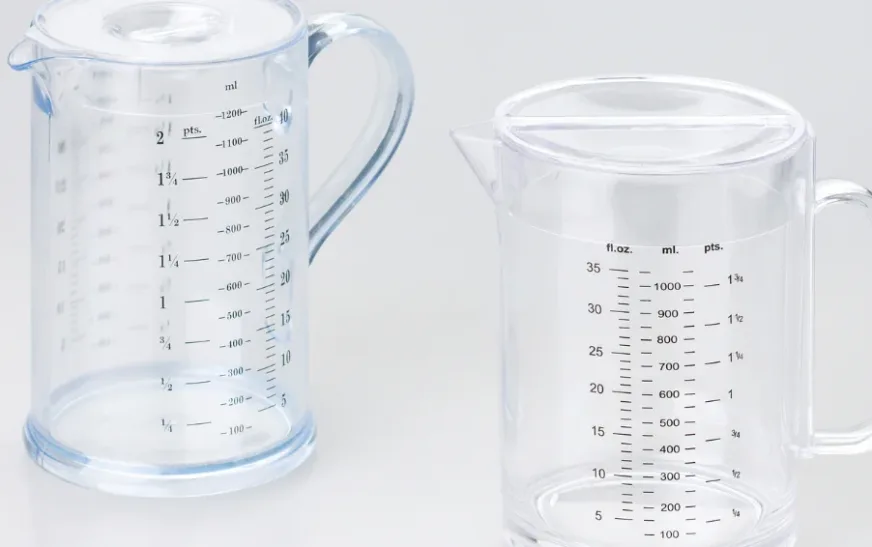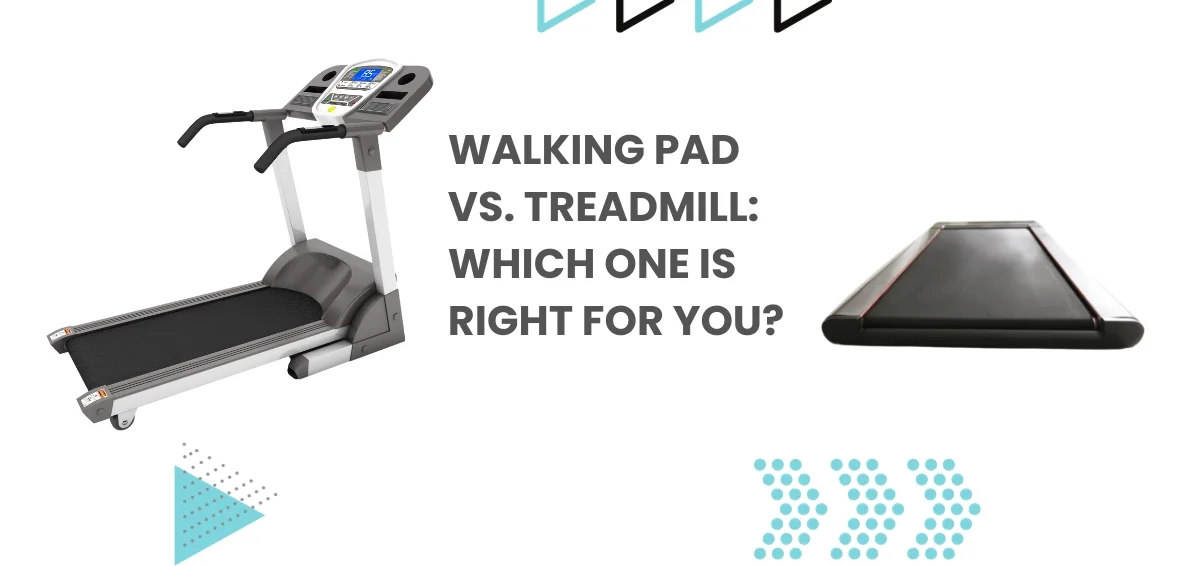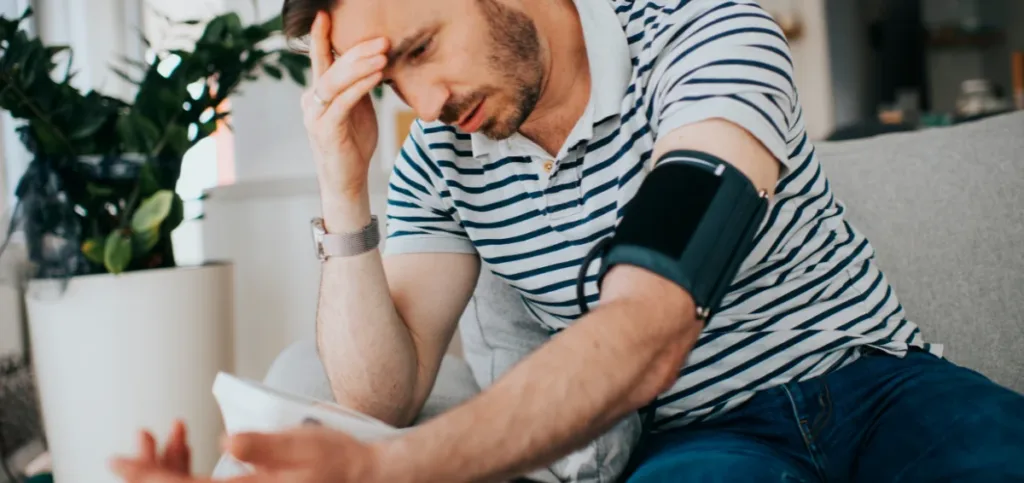
Dehydration is something we have all experienced at some point. However, not many people know about its link with blood pressure. It turns out that dehydration can both raise and lower blood pressure. In extreme cases, this drop and increase in blood pressure can be fatal.
When your body does not have sufficient water, your blood becomes thicker. This is because it retains more sodium. It, in turn, causes your blood pressure to increase because your heart has to work harder to pump blood through your body. As a result, your blood pressure increases.
Keep reading to learn the effect of dehydration on your blood pressure.
Does Dehydration Increase Blood Pressure?
The human body has mechanisms in place to counteract anything that goes wrong. The same is true for blood pressure. However, sometimes, these corrective measures can negatively impact other areas of the body.
When dehydrated, your body tries to correct the condition to maintain the right balance of electrolytes and fluids. It does this by constricting the blood vessels. A dehydrated body releases vasopressin. This hormone enables the body to hang on to the remaining water. This compensates for the reduced blood volume due to dehydration. But it also constricts the blood vessels and increases blood pressure.
Due to the narrowing of blood vessels, blood is unable to flow within the vessels as easily as before. This puts the heart under strain as it has to pump blood with more force so it flows within the vessels and can reach all organs. It causes the individual to experience hypertension, which means an increase in blood pressure. The condition is particularly dangerous for those who already have chronic high blood pressure.
What Are the Symptoms of High Blood Pressure?
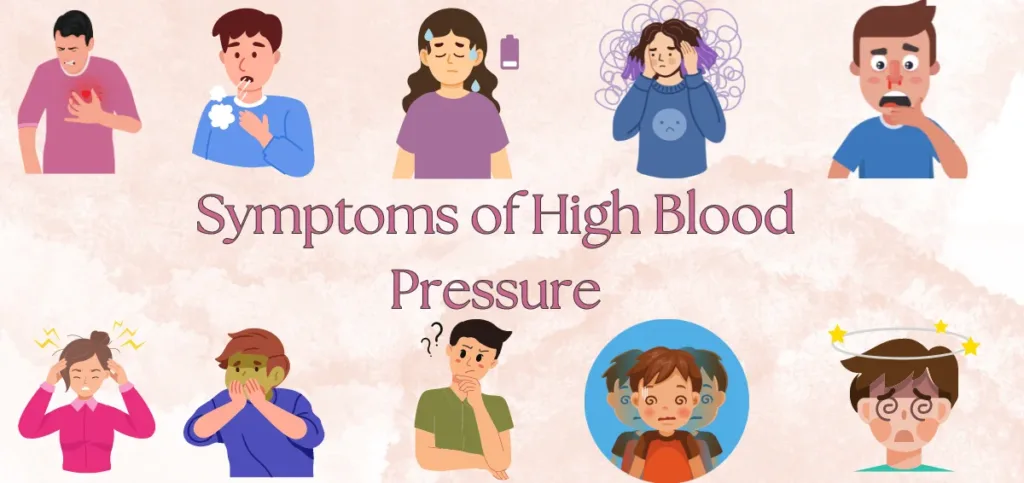
High blood pressure or hypertension is a chronic condition. It develops over a period of time. But those with high blood pressure often exhibit the following symptoms:
- Chest pain
- An intense headache
- Vomiting and nausea
- Problems while breathing
- Fatigue
- Confusion
- Anxiety
- Blurred vision
- Nosebleeds
- Dizziness
What Are the Symptoms of Dehydration?
There are several obvious and not-so-obvious symptoms of dehydration. They include the following:
- Dry lips and skin
- Thirst
- Fatigue
- Mild or severe headache
- Dark urine
- Muscle cramps
- Lightheadedness
- Fainting
- Palpitations
When Can Dehydration Cause Chronic Hypertension?
Dehydration can cause chronic hypertension if an individual’s body is in a dehydrated state for a long time. This puts the heart under too much pressure, which isn’t good for long-term cardiovascular health.
Over time, you will not only experience common symptoms of dehydration, but it will adversely affect your body’s functioning. The body will be unable to regulate blood pressure, causing immense strain on your heart.
A chronically dehydrated individual has a persistently increased heart rate. Their blood vessels remain constricted as the body tries to flow blood to different organs. Over a period of time, chronic hypertension can increase the risk of fatal cardiovascular complications. These include stroke and other heart diseases. So, it is crucial to drink adequate water and keep your body hydrated at all times.
Major Causes of Dehydration

Dehydration occurs when your intake of fluid is less than what your body loses. This imbalance disturbs the balance of salts and sugar in your body, which impairs its functioning. This is because water plays a vital role in various bodily systems. It lubricates your eyes and joints, flushes out toxins from the body, and helps with digestion. It also keeps your skin healthy.
Here are some common causes of dehydration.
- Sweating: Excessive sweating can quickly dehydrate the body. It usually occurs after exercise, heavy manual work, or fever. Hot weather also causes more sweating, and it is important to remember to keep yourself hydrated if you live in such weather conditions.
- Illness: Several illnesses can result in dehydration. Illnesses like gastroenteritis cause vomiting and diarrhea. This causes the body to lose more water, thereby becoming dehydrated.
- Alcohol: Excessive alcohol intake is another common cause of dehydration. Alcohol, being a diuretic, makes you wee more. The hangover-induced headache afterwards is an indicator of your body being dehydrated. This is why it is recommended to drink water after excessive alcohol intake.
- Diabetes: Those with diabetes have high glucose levels in their blood. Their kidneys attempt to eliminate excess glucose by creating more urine. This also causes water loss.
How to Treat Dehydration?
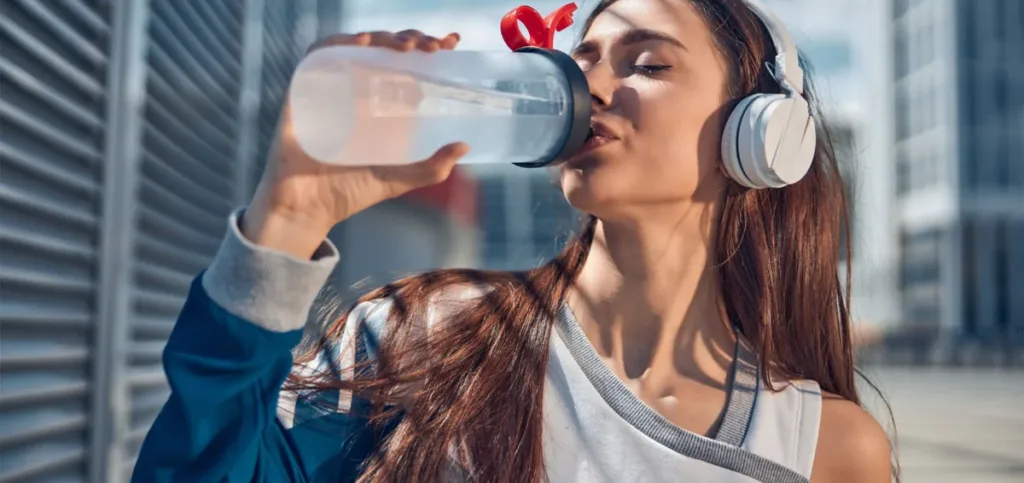
The best and most obvious way to treat dehydration is to drink more water. Healthcare professionals recommend drinking 3.7 litres of water/day for males and 2.7 litres/day for females.
However, this should not be considered a static figure. How much water you should be drinking depends on various factors. These include your activity level, location, and metabolism. If you indulge in more physical activity, live in a hot climate, and have a fast metabolism, your water needs will be higher.
Besides water, fluids like fruit juice or diluted squash can also help treat dehydration. If you are dehydrated due to an illness where you’re vomiting, it can be difficult to increase water intake. In such a case, it is recommended that you drink small amounts of water more frequently. Alternatively, drink broths or salty soups.
Note that to rehydrate your body, it’s always better to reach out for natural fluids instead of sugary or fizzy drinks and tea or coffee. For athletes, sports drinks or electrolyte solutions are a good option.
When to Seek Clinical Care for Dehydration?
It is important to seek a healthcare professional’s help if you experience serious dehydration symptoms. These include the following:
- You aren’t urinating at all, or the urine is unusually dark. If you haven’t peed in over 7 hours, it’s important to seek medical attention.
- You feel confused and disoriented.
- You’ve had a seizure.
- You feel dizzy when you stand.
- Your pulse is rapid or weak.
- Your skin appears dry and shriveled.
- Your eyes are sunken.
Summing Up
Dehydration is common among young adults and athletes. However, it is best to hydrate your body immediately to prevent it from impairing your body’s functioning. As such, drinking water at frequent intervals is the best solution to avoid dehydration and promote optimal functioning of the body.

